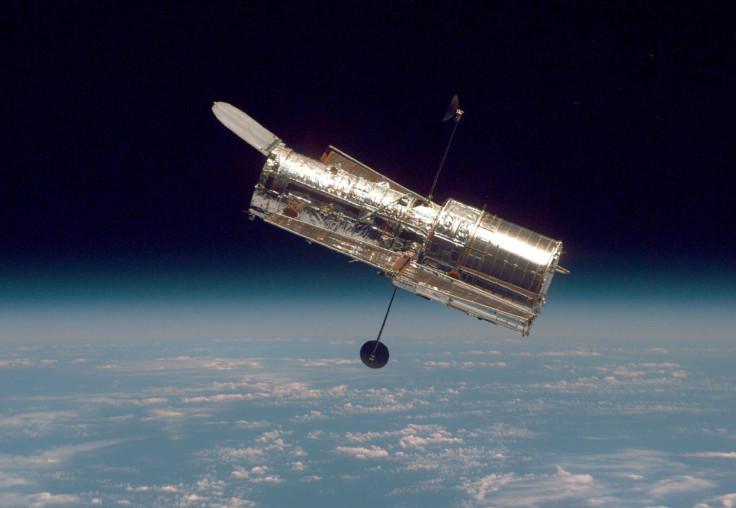What Do Aliens Want? Space Creatures Could End Life On Earth, Won’t ‘Treat Us Nicely,’ Scientists Warn

If aliens are indeed out there, it might be wise to steer clear, at least according to some scientists. Experts say there’s a chance extraterrestrials might not have earth’s best interests at heart, leaving them divided on whether we should probe the depths of space.
“There’s a possibility that if we actively message, with the intention of getting the attention of an intelligent civilization, that the civilization we contact would not necessarily have our best interests in mind,” Lucianna Walkowics, an astrophysicist at the Adler Planetarium in Chicago, told NBC News in a report published Wednesday. “On the other hand, there might be great benefits. It could be something that ends life on earth, and it might be something that accelerates the ability to live quality lives on Earth. We have no way of knowing.”
Renowned scientist Stephen Hawking has voiced his own doubts in the past about trying to contact aliens.
“One day we might receive a signal from a planet…but we should be wary of answering back,” Hawking said in a video special. “Meeting an advanced civilization could be like Native Americans encountering Columbus. That didn’t turn out so well.” He noted that aliens might be looking to “conquer and colonize,” leading them to exploit, instead of befriend, humans.

The hasn’t stopped Yuri Milner, a Russian billionaire and tech mogul who founded the philanthropy Breakthrough Initiatives. The program put forth $100 million in order to fund interstellar outreach, aiming to make contact with other life forms within 10 years.
“We’re well aware of the argument, ‘Do you send things or not?’ There’s pretty vigorous opinion on both sides of our advisory panel,” said Pete Worden, director of Breakthrough Initiatives. “But it’s a very useful exercise to start thinking about what to respond. What’s the contest? What best represents the people on Earth. This is an exercise for humanity, not necessarily just about what we would send.”
Breakthrough Initiatives has debated how best to send a message, how to encrypt it so it’s readable and how many times to send it, soliciting ideas from people around the world.
Not everyone is on board.
“Any civilization detecting our presence is likely to be technologically very advanced, and may not be disposed to treat us nicely,” physicist Mark Buchanan said in the journal Nature Physics last year. “At the very least, the idea seems morally questionable.”
© Copyright IBTimes 2024. All rights reserved.





















